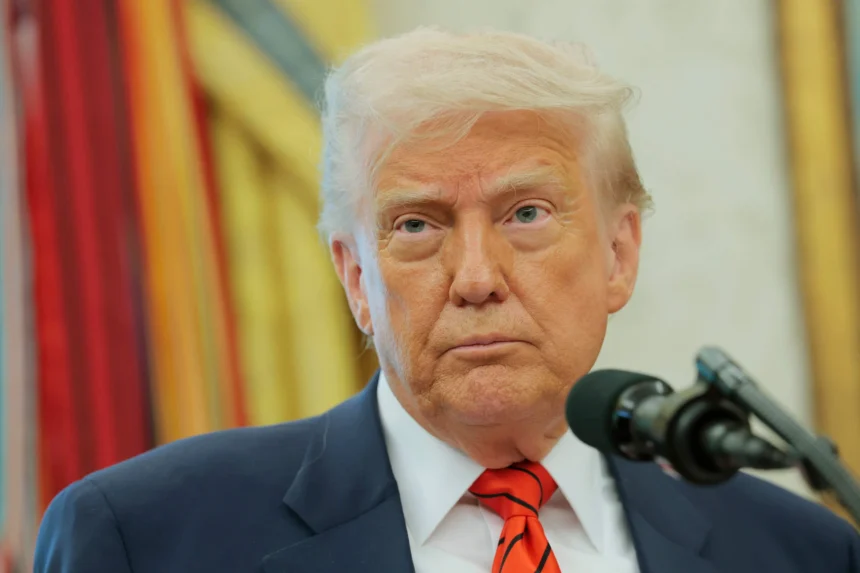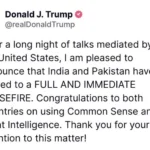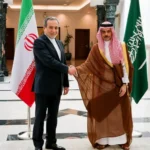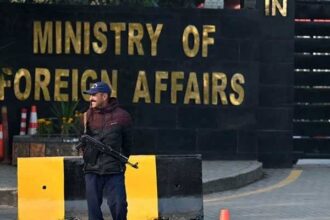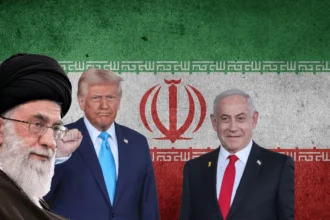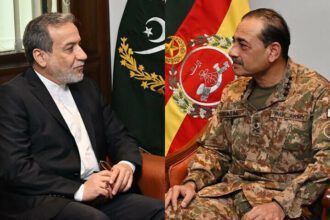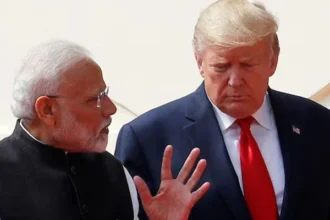US President Donald Trump is all set to begin his first foreign tour since returning to office, with a week-long trip to the Middle East aimed at securing major investment and trade deals.
Trump will visit Saudi Arabia, the UAE, and Qatar, where he is expected to focus on oil, trade, and technology, along with regional conflicts like Gaza and Yemen, and discussions on Iran’s nuclear program.
Observers say Trump’s main objective is to secure big economic deals that align with his “America First” policy.
“He wants headlines about multi-billion dollar investments coming to the US,” said Steven A. Cook of the Council on Foreign Relations.
Trump recently claimed that Saudi Arabia has pledged to invest $1 trillion in the US economy. Gulf nations are also seeking American semiconductor exports and nuclear cooperation, especially Saudi Arabia, which is eyeing a civilian nuclear deal.
Unlike his first Middle East trip in 2017, this time Trump is skipping Israel—a move that is raising eyebrows. Amid rising tensions over Israel’s actions in Gaza, many Arab nations, especially Saudi Arabia, have stressed that normalization with Israel won’t happen without a path to a two-state solution.
“This is not the best time in US-Israel relations,” said Elliot Abrams, a former US official, citing tensions over Israel’s proposed Gaza invasion.
Sources say Trump has taken a backseat in mediating the Gaza conflict, but his administration plans to restart humanitarian aid to Gaza without directly involving the Israeli government.
Meanwhile, his administration is also considering referring to the Persian Gulf as the “Arabian Gulf”, which could further strain ties with Iran, especially amid sensitive nuclear negotiations.
Trump has reportedly tasked Jared Kushner, his son-in-law and former Middle East envoy, to assist in talks—particularly around bringing Saudi Arabia into the Abraham Accords. However, concerns remain over Kushner’s personal business ties in the region.
With multiple regional issues at play and shifting priorities in Washington, experts question whether the Trump administration can maintain a clear, coordinated Middle East strategy.
“Trump wants quick wins, but the region’s complexities demand long-term focus,” said Jon Alterman from CSIS.
For now, the focus remains clear: economic deals and domestic benefits. Trump appears ready to let complex geopolitical issues settle in the background—as long as the dollars keep coming home.


